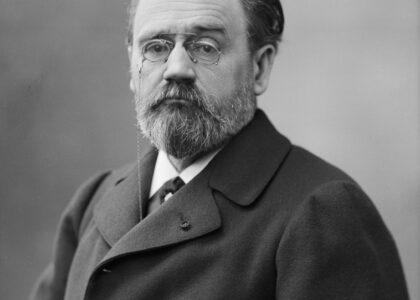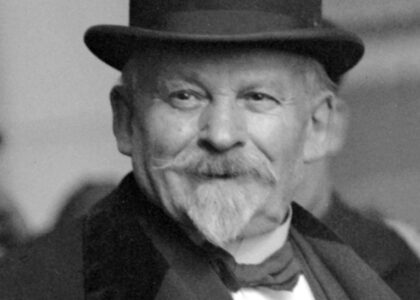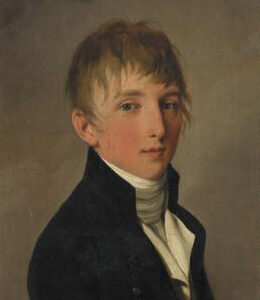Welcome to Bouvines, a small village in northern France that played a pivotal role in the history of Europe. Nestled between Lille and Tournai, this seemingly quiet locale was the stage for one of the most decisive battles of the High Middle Ages—the Battle of Bouvines, fought on July 27, 1214. This battle was the grand finale of the Anglo-French War of 1213-1214, where the forces of French King Philip II, also known as Philip Augustus, faced off against a coalition led by Holy Roman Emperor Otto IV and King John of England.
The conflict arose from a coalition formed against King Philip II, who had been expanding his territory at the expense of his neighbors. The coalition included Otto IV, King John of England, and several key regional leaders like Count Ferrand of Flanders and Duke Henry I of Brabant. The coalition’s objective was to reverse Philip’s conquests and curb his growing power.
As the two armies met near Bouvines, the French knights, known for their discipline and strategy, managed to break the coalition’s lines despite being slightly outnumbered. The battle was marked by the French knights’ devastating charges that shattered the coalition forces. Notably, the French captured the imperial eagle standard, symbolizing a humiliating defeat for Otto IV, who fled the battlefield.
The victory at Bouvines solidified Philip II’s reign, leading to the strengthening of the French monarchy. It also had significant repercussions across Europe. The defeat weakened King John of England, contributing to the baronial revolt that led to the signing of the Magna Carta in 1215. Meanwhile, Otto IV was deposed as Holy Roman Emperor, and replaced by Frederick II.
Over the centuries, Bouvines has evolved from a battleground to a peaceful village, but its historical significance remains. The battle shifted the power dynamics in medieval Europe, paving the way for France’s rise as a dominant European power. As you walk these grounds today, imagine the clash of swords and the strategic maneuvers that changed the course of history.
Notable figures who played a role in this epic battle include King Philip II of France, who masterminded the French victory, and Otto IV, whose ambitions crumbled at Bouvines. The aftermath of the battle saw significant political changes, highlighting Bouvines’ role in the broader historical context of medieval Europe.






